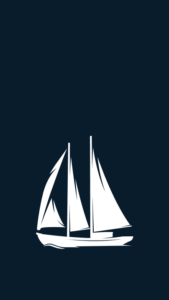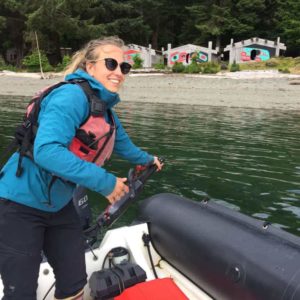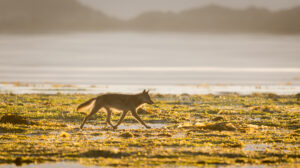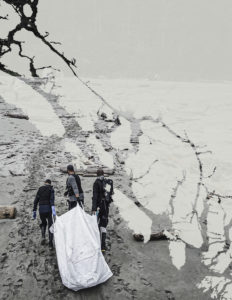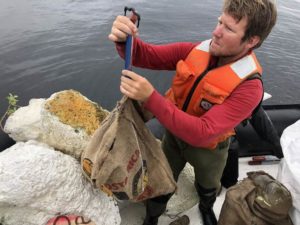Farm to Galley
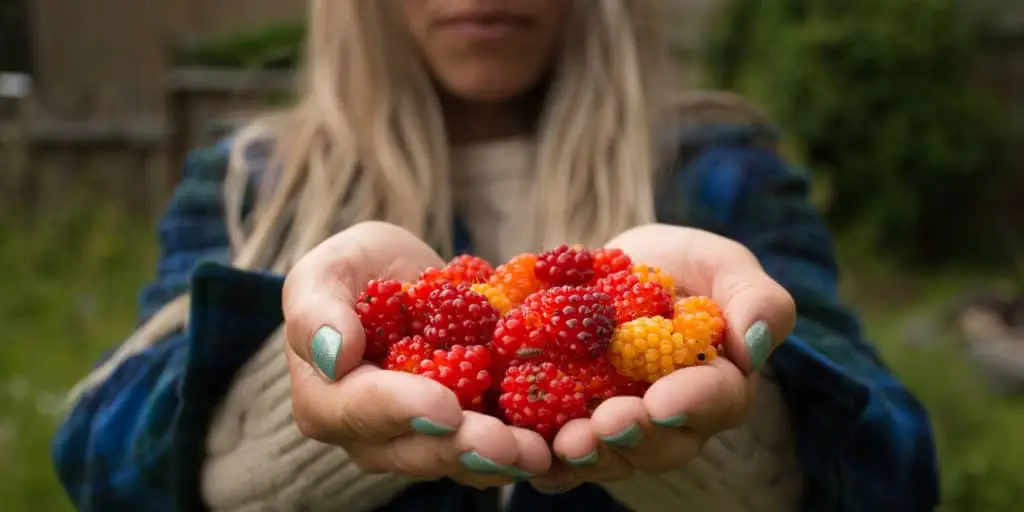
Every year brings new and exciting things for Outer Shores, and every season and region we explore offers new ingredients and menu items to our galley aboard the Passing Cloud. This year our chefs, Erin Vickars and Natasha Sawyer, flex their culinary muscles and get creative with their storytelling onboard. Each adds their own flare and cooking style, all the while inspired by nature and the areas we visit.
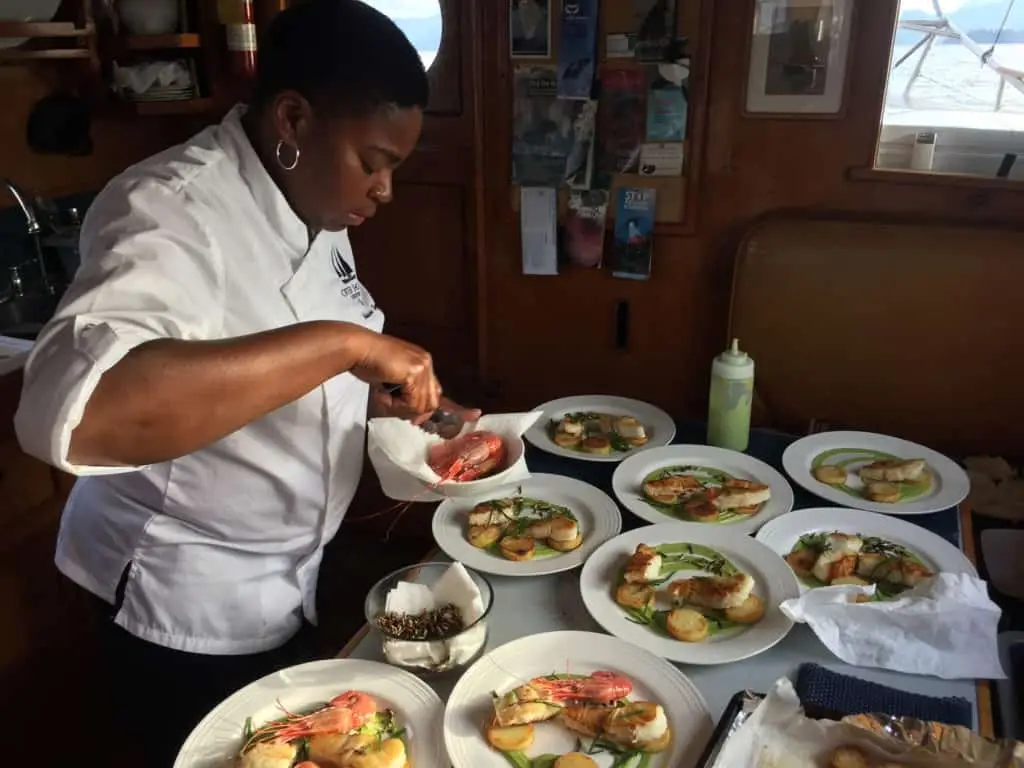
We’ve set-up a satellite-office in Haida Gwaii this summer, which has given us a whole new perspective on our food sourcing. We met with local farmers and purveyors to stay on top of what’s fresh and in-season. Sourcing locally allows us to keep our carbon neutral footprint to a minimum, support local farmers and businesses, and ensure our product is the best possible for our guests – and we’ve made some friends along the way!
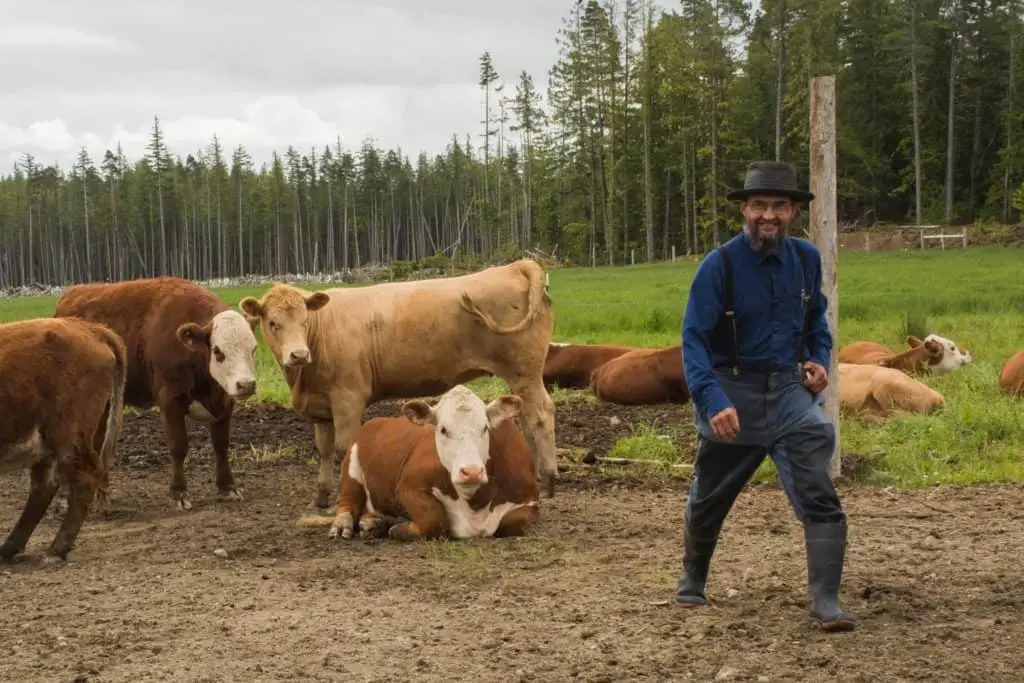
This season we’ve reduced the amount of red meat we serve onboard, mostly because of the impact it has on the environment on a broad scale, and the dietary trends we’ve been seeing with our guests. We are thrilled to have found a local, family-run farm on Haida Gwaii where we source our proteins. Our meat – chicken, bacon, sausages, and the occasional steak – come from a local farm just outside of Port Clements on Graham Island, which we hand select every week. Our fish and seafood are sourced from Haida Wild or Albion Fisheries, both providing locally, sustainably, and ethically caught seafood.
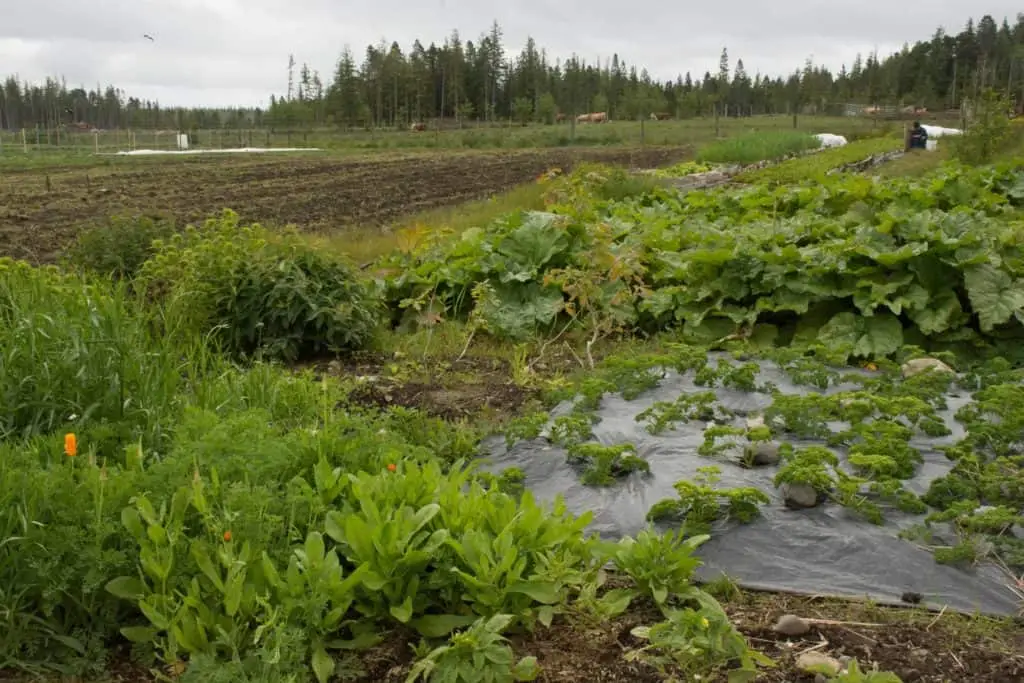
Our produce changes as we shift with the seasons – or as the seasons shift with us! Oftentimes we arrive on the farm conveniently at harvest time, or we get to handpick the freshest produce from the Saturday Farm Market. One of our favourite morsels so far has been Joe’s yellow cherry tomatoes grown on Fantasy Island –with a name like that, how could they not be fantastic!
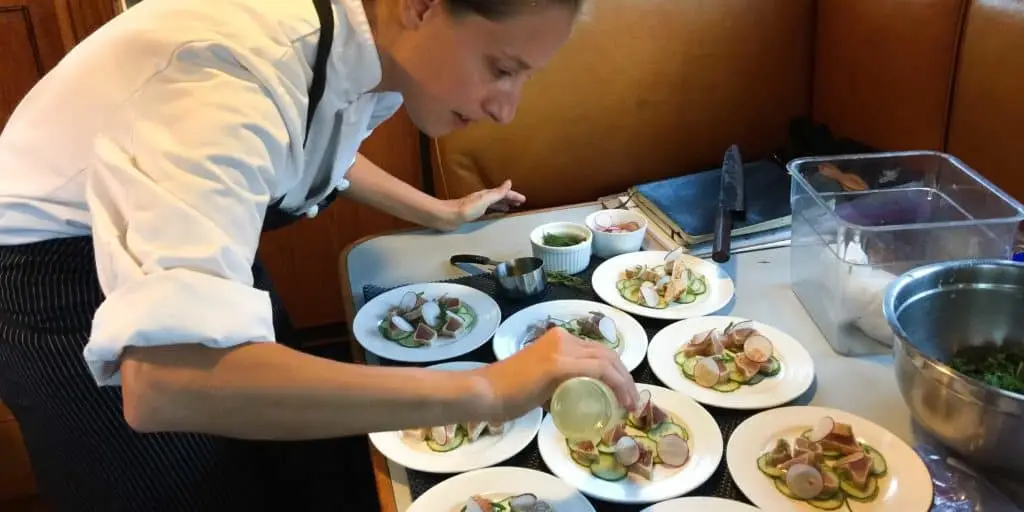 “To be able to taste the regions we explore really adds to the overall experience,” says Chef Erin Vickars. “I’ll go with the guests for a shore excursion and get inspired by what we see.”
“To be able to taste the regions we explore really adds to the overall experience,” says Chef Erin Vickars. “I’ll go with the guests for a shore excursion and get inspired by what we see.”
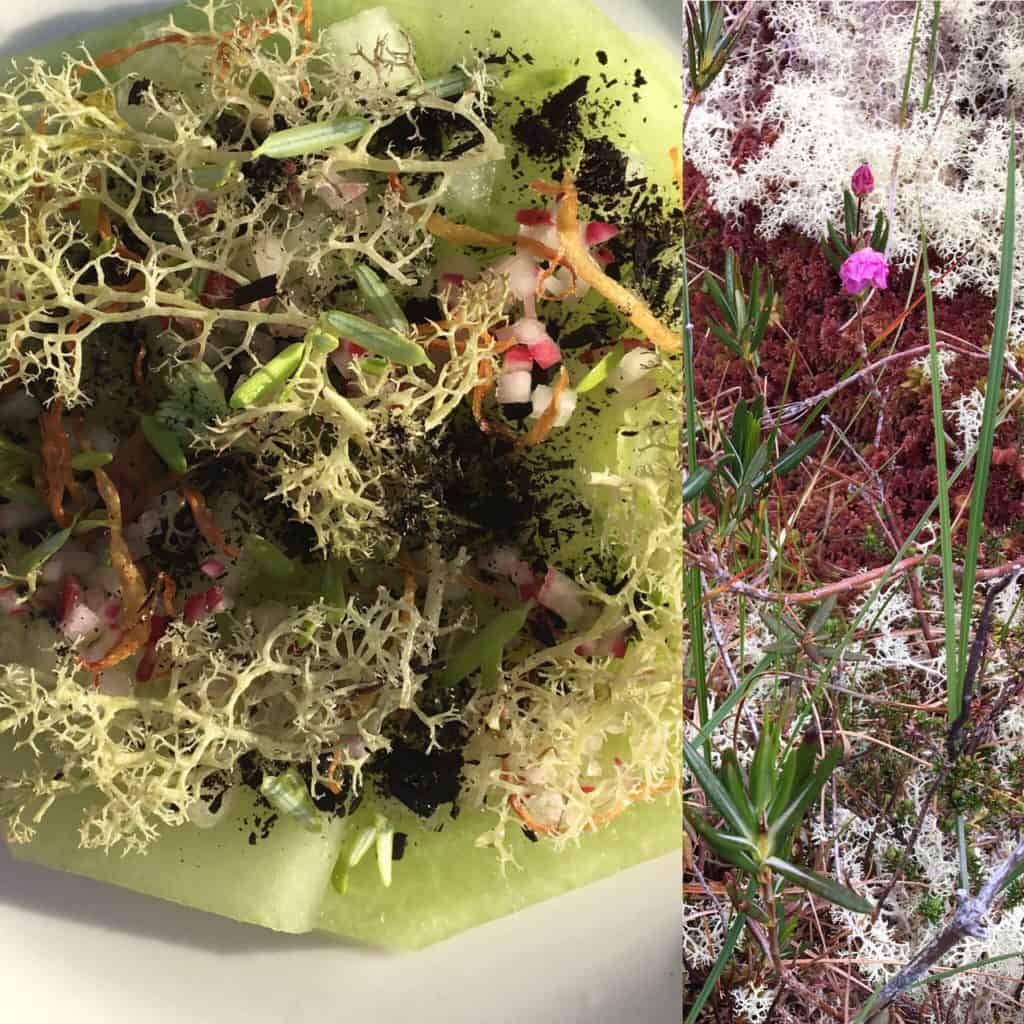
Our guests couldn’t stop raving about the ‘Bog Salad’, which was created to look like the bog we had been exploring that morning, rife with green sphagnum mosses, round-leaved sundew, saprophytic plants, and Krummholtz coniferous trees stunted to bonsai-like form. Now, perhaps it doesn’t sound all too appetizing (considering how devoid of nutrients bogs typically are), but with the foraged reindeer lichen, leek ash, and honeydew melon, it was a delight for the taste buds. Another inspired culinary creation is the sea anemone dish! We’ll leave that one to your imagination…
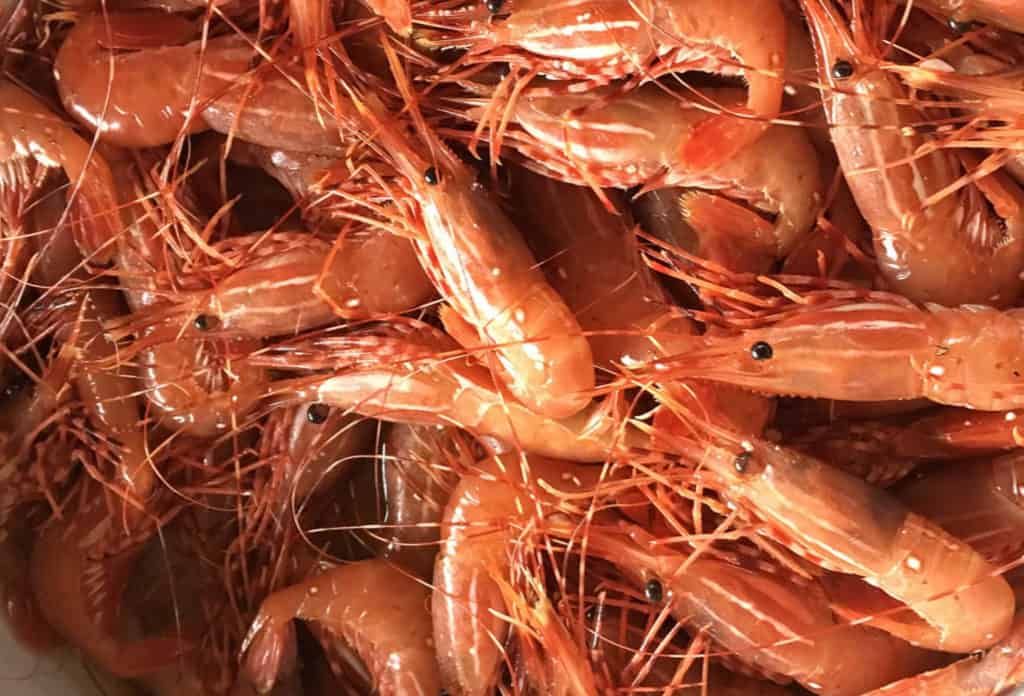
One of the many wonderful things about small-ship travel is the friends you make along the way. As the locations we visit are very remote, getting provisions to our ship can be a work of art – to put it lightly. We have shared eggs and milk with fellow seafarers (talk about borrowing a cup of sugar from your neighbour!), and the favour has been repaid generously. In one instance, another local tour company came into good fortune on a spot prawn catch one day and generously shared their bounty. With this gracious gift, Chef Natasha prepared locally-caught seared lingcod, with potato rondelles, green pea purée, spot prawns and crispy wild rice for garnish.
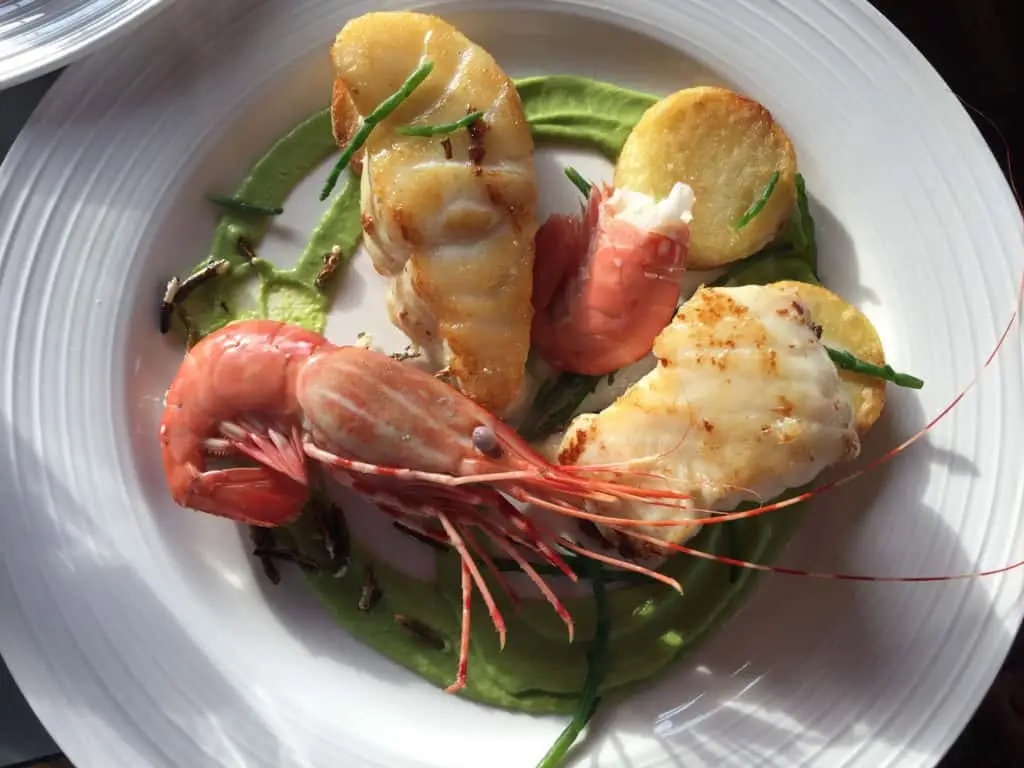
…Are you hungry yet?
One of our many favourite things about Haida Gwaii is how abundant the natural land is. It’s no wonder the Haida have been living off the land for millennia, proving the Coastal First Nations’ saying: “when the tide is out, dinner is served.” It’s also no surprise that the Queen Charlotte black bear – a subspecies of the American black bear that has adapted and evolved to eat crustaceans and marine invertebrates – is presumed to have such a short hibernation, as there is food year-round. We have been able to forage berries and edible greens that change throughout the seasons and microclimates we travel through. From salal and huckleberries, to sorrel and sea asparagus, our chefs find the perfect pairing to complement our environment.
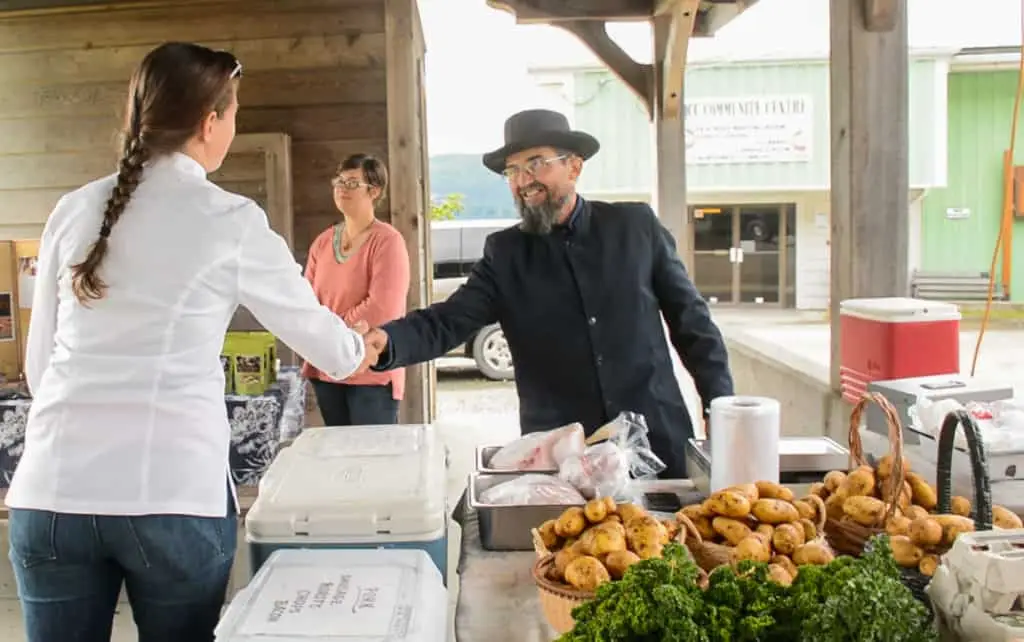
Being able to shake the hand of the farmer that has dedicated months, even years, into preparing their crop, is so meaningful to us. And as a carbon neutral company and a crew of conscious consumers, being deliberate about our food choices and its impact on the environment and local economies is important to us. But our key goal and motivator of everything we do in the galley is to provide our guests with nutritious and delicious food!
We say a very heartfelt thank you to the hard work of the farmers, fisherman, and purveyors that nourish, grow, catch, and provide us with our food onboard; to the chefs who prepare it with passion and skill; and last but certainly not least, to the guests who have enjoyed it!
Bon Apetit!
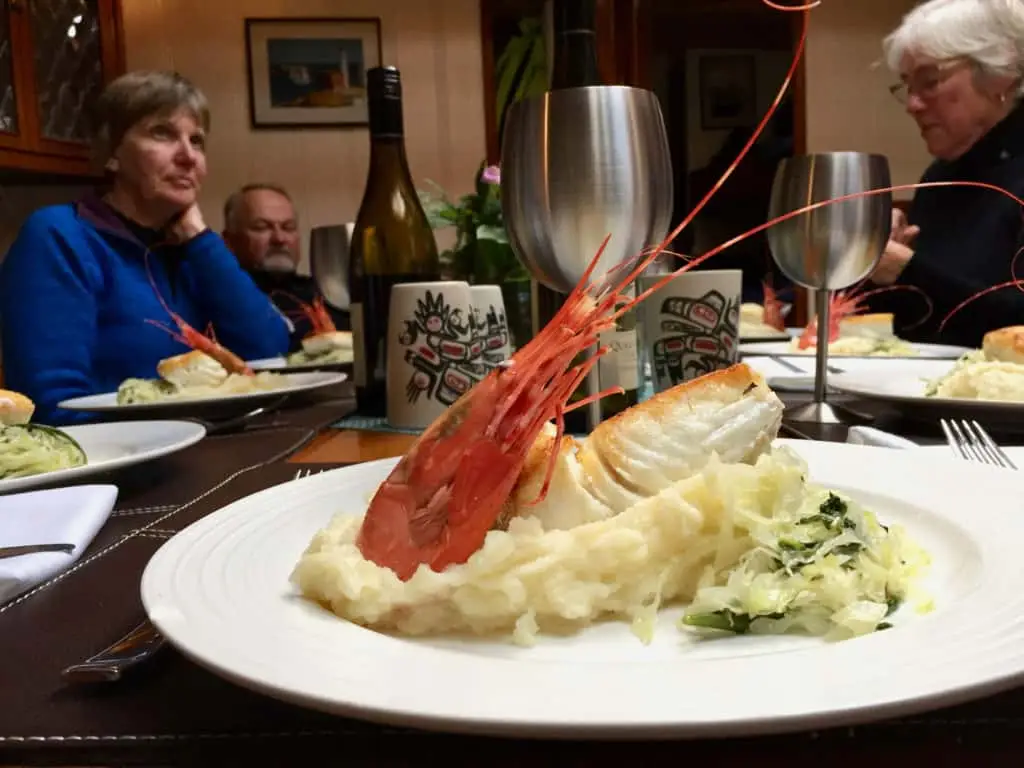
Disclaimer:
There were no animals harmed in the writing of this blog post. All animals that sacrificed their lives for our nourishment lived happy and full lives in their natural environments. We will be forever grateful.
be sure to check out our Food Philosophy for more details on our food program onboard the Passing Cloud.
